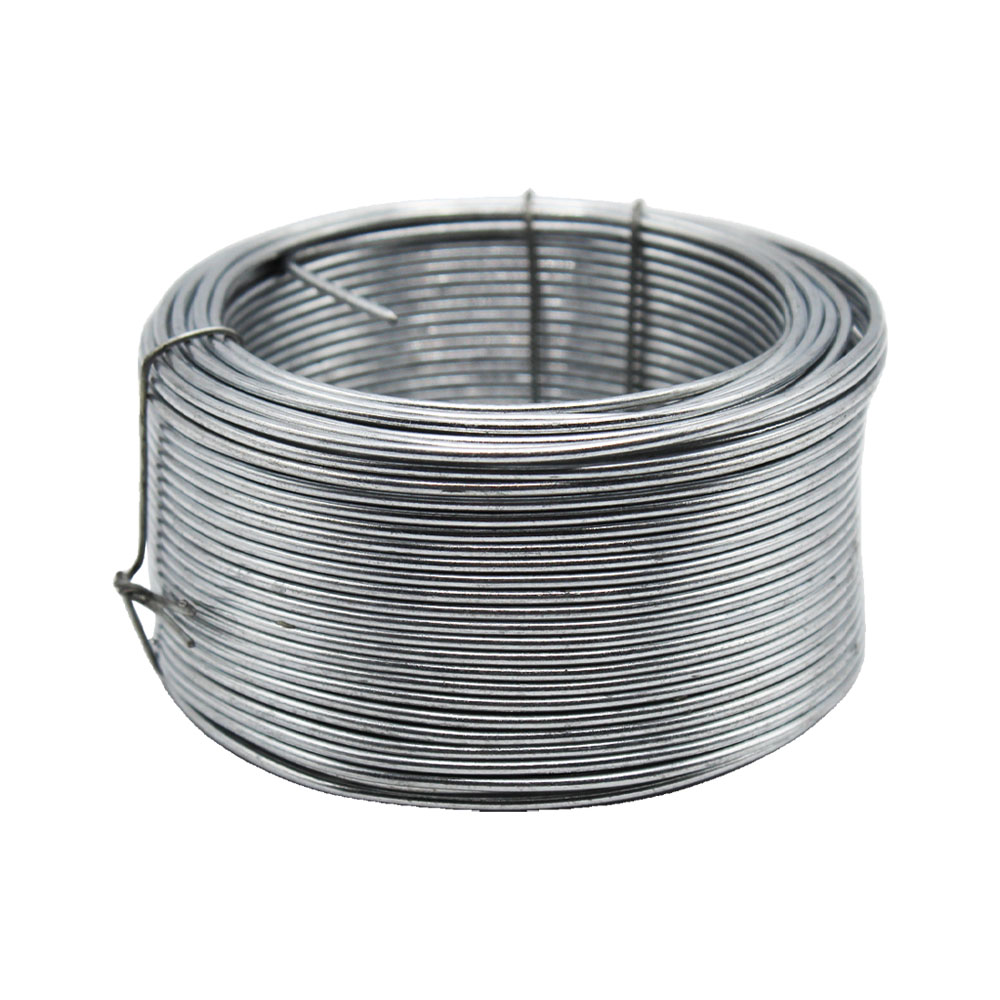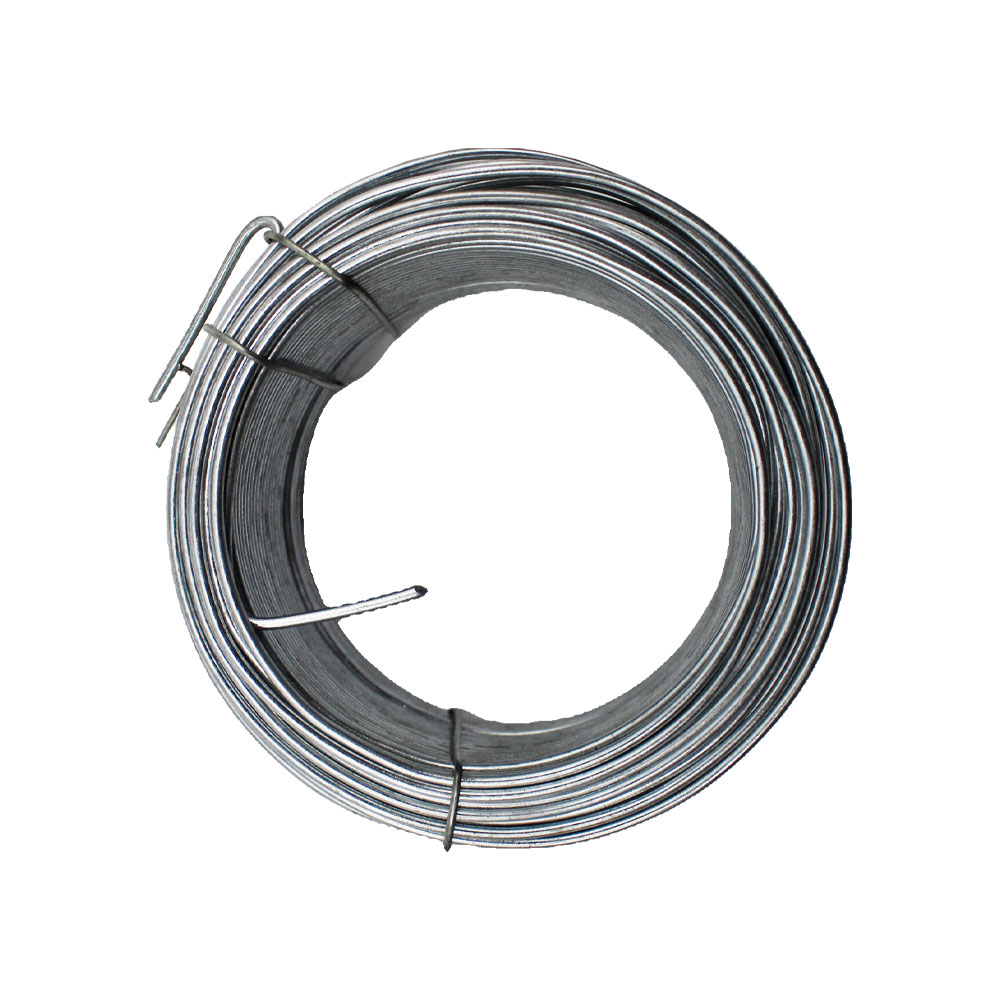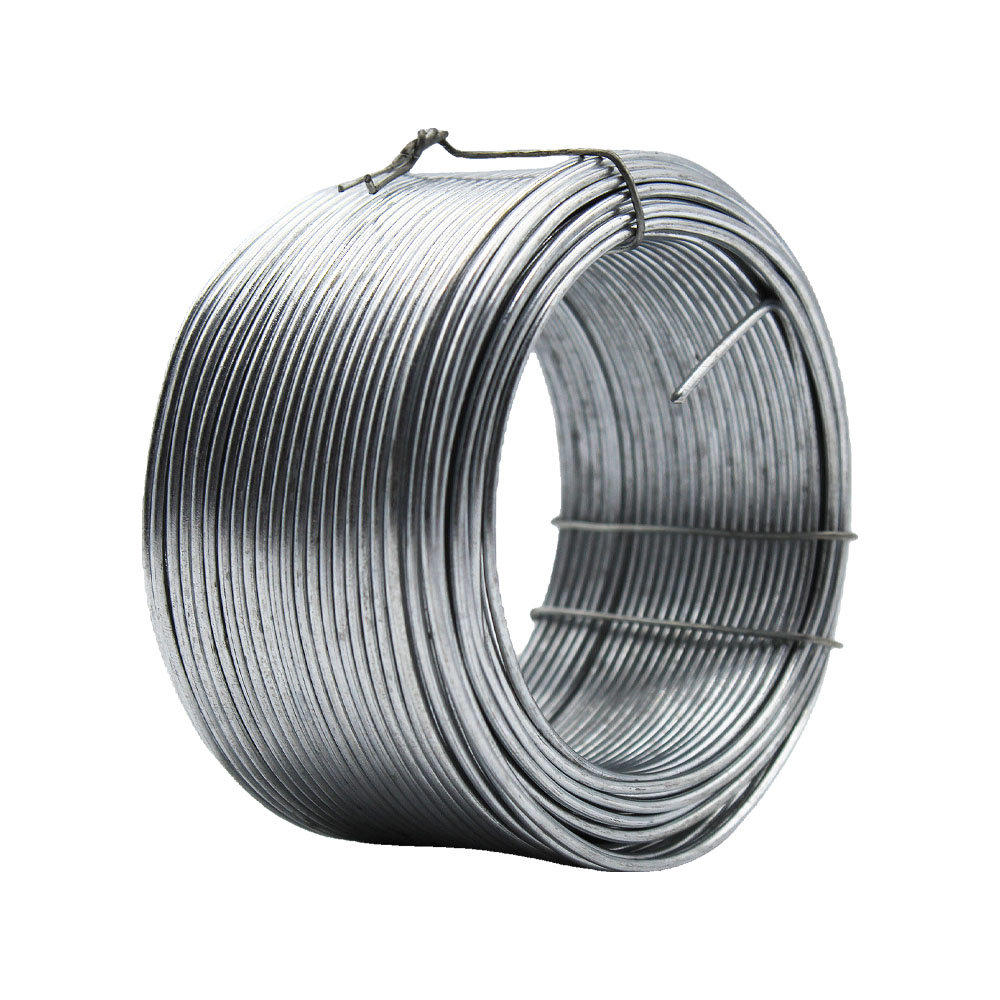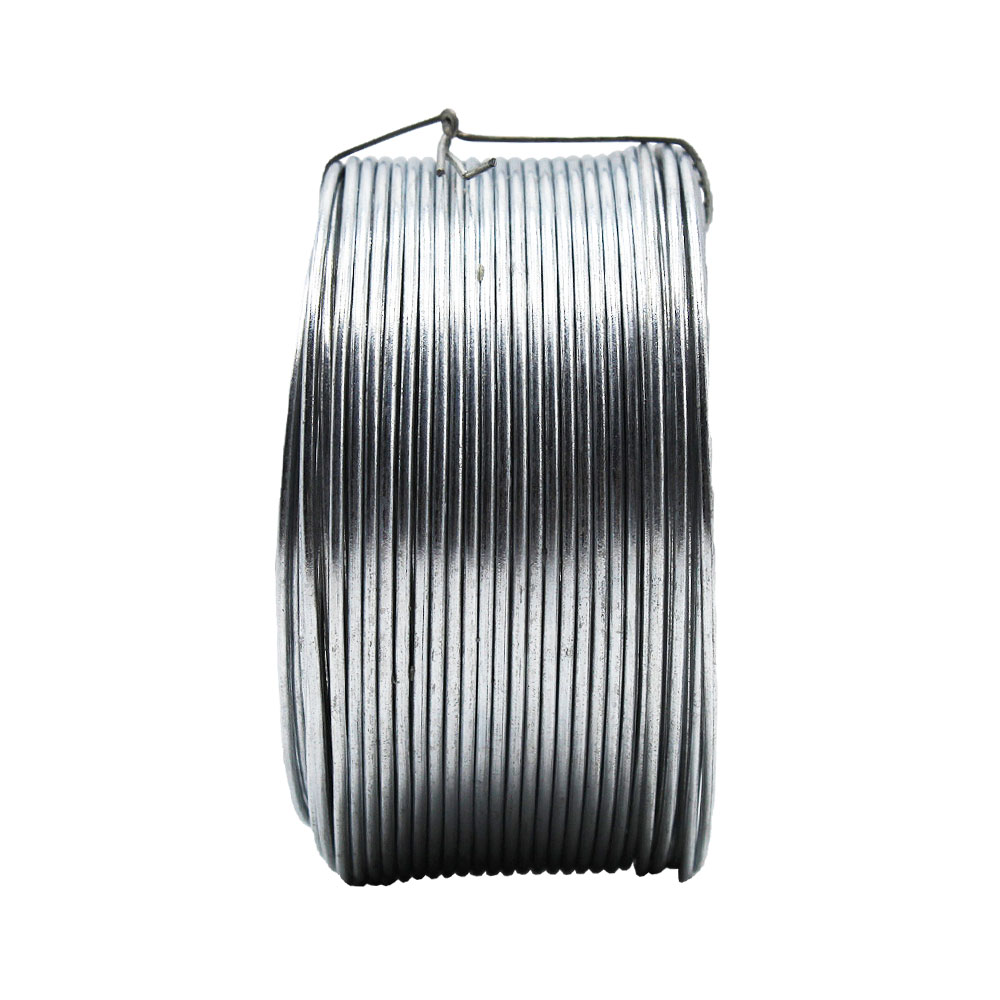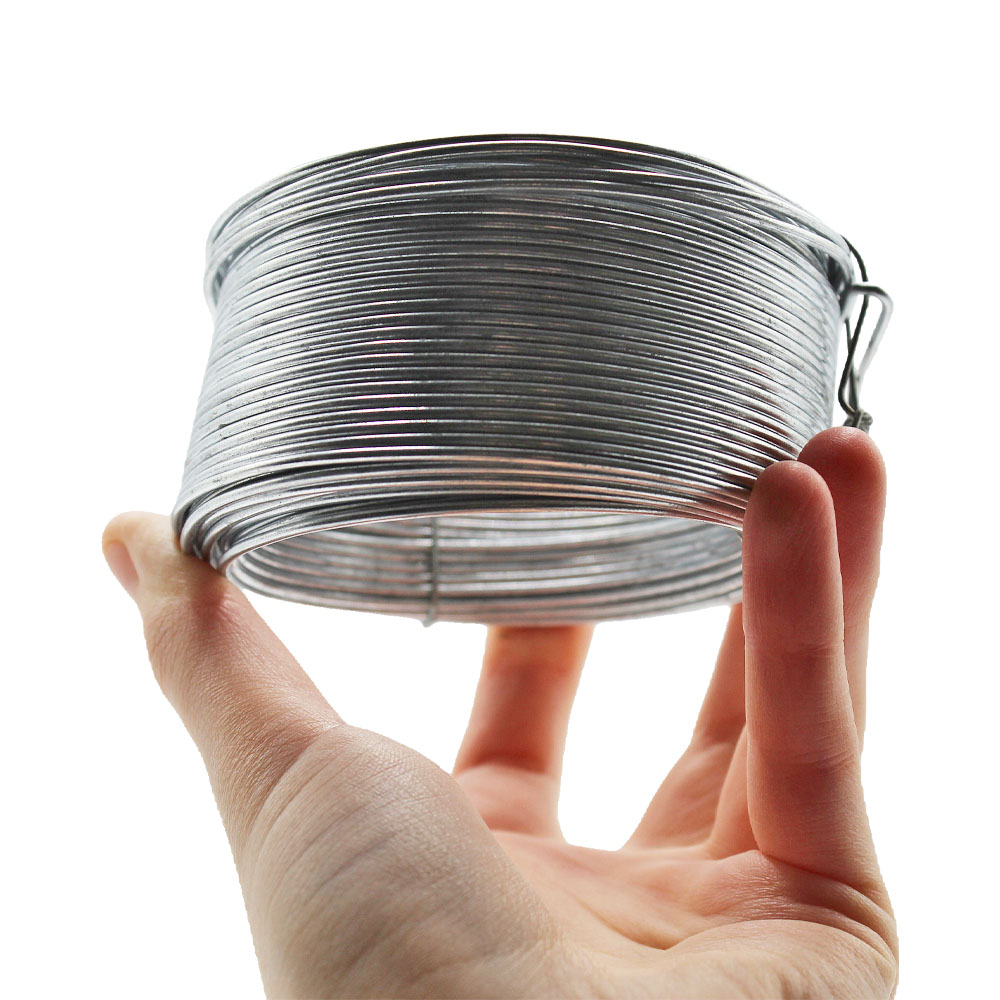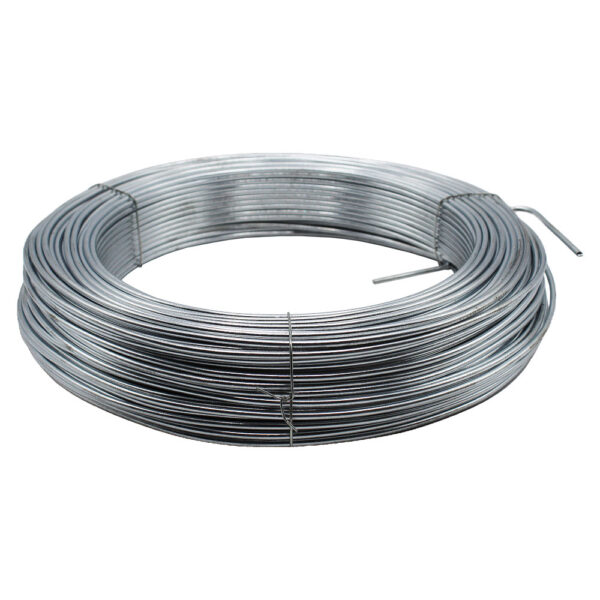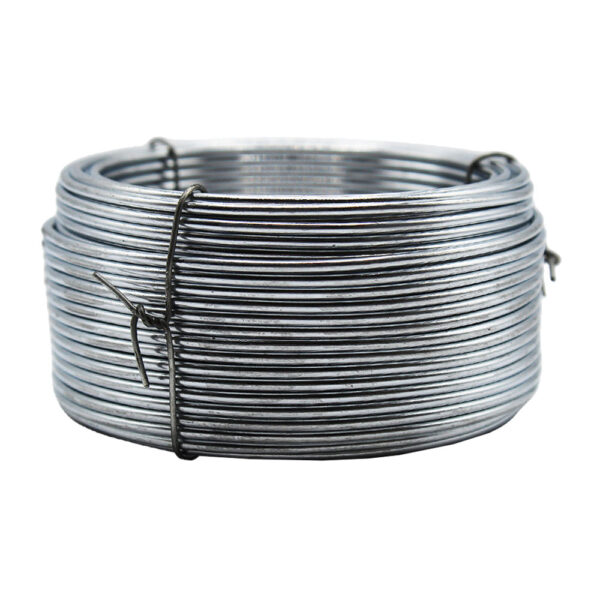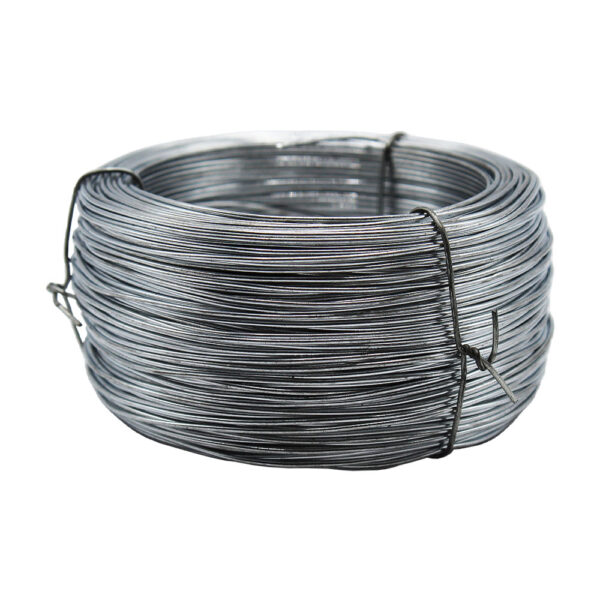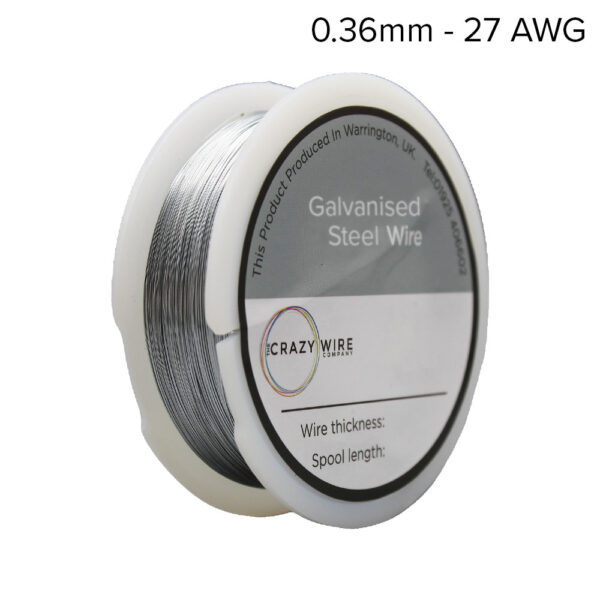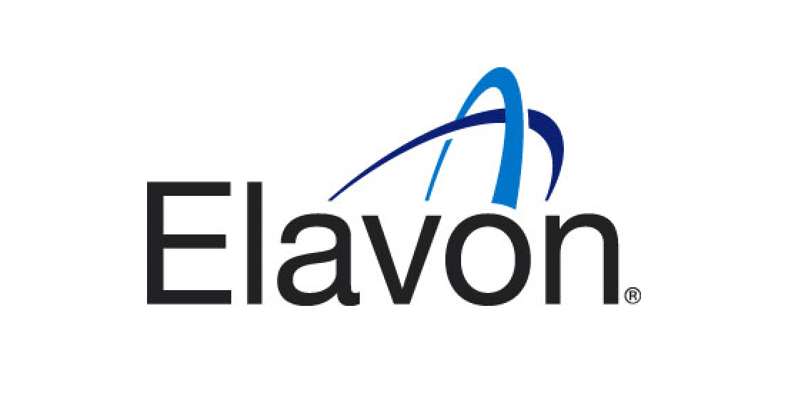Description
1.6mm Thick Galvanised Tensioning Wire
Tensioning line wire, at 1.6mm thickness in a 500g coil (30m), is a durable and versatile product ideal for multiple applications. It is galvanised for enhanced durability and is resistant to rust and corrosion, making it suitable for outdoor use. Besides being used in agriculture for sturdy fences and plant trellising, it is also an excellent choice for construction and DIY projects because of its flexibility and strength. This wire’s length and compact coil make it perfect for storage and diverse project requirements, making it an ideal solution for both professional and home applications.
Key product details:
- Wire Type – Galvanised Steel
- Wire Thickness – 1.6mm
- Coil Weight – 500g (0.5kg)
- Wire Length – 30 Metres
Why Use The Crazy Wire Company
- Quality of products: The Crazy Wire Company always offer high-quality products that meet industry standards and customer expectations.
- Selection: We offer a wide variety of wire products and sizes to meet the diverse needs of our customers. We have more than 600 products available through our site and counting.
- Price: We always offer the best value possible. Our wires are available as part of our major weaving processes, so it is bought at the best possible rate.
- Availability: Our products are kept in house and are ready to ship immediately.
- Customer service: Our experienced staff help our customers feel confident in their purchases and provide assistance when required.
What Else Is Available?
We also have a huge range of KA1 and stainless steel round wire in immediate stock too.
Ribbon wire and flat wire are stocked for immediate dispatch too.
FAQs About This Wire
Can Tensioning Line Wire Be Used For Animal Enclosures?
Yes, Tensioning Line Wire can be used for animal enclosures. As a result of its strength and durability, it is a good choice for building fences and barriers that are both secure and long-lasting. The wire’s 1.6mm thickness allows it to withstand the physical demands of a wide variety of animals, from smaller livestock to larger breeds.
Having the wire galvanised adds an extra layer of protection from weather elements, especially rust and corrosion, which is important in outdoor environments. It ensures the longevity of the enclosures, ensuring their integrity over time.
In any case, it’s vital to take into account the specific requirements of the animals being enclosed. Adding mesh or finer netting to protect smaller or more delicate animals might be necessary to prevent escape or injury. Reinforcing the wire or using a thicker gauge might be necessary to ensure the safety and containment of large, more powerful animals. For the enclosures to be durable and to ensure animal safety, they must also be installed correctly and maintained regularly.
How Long Does Tensioning Line Wire Last?
The longevity of Tensioning Line Wire depends on several factors, including the environment in which it’s used, the level of exposure to harsh weather conditions, and how well it is maintained. Generally, thanks to its galvanised coating, this type of wire is known for its durability and resistance to rust and corrosion, which significantly extends its lifespan, especially in outdoor settings.
In typical conditions, galvanised tensioning line wire can last several years. The zinc coating protects the steel wire from moisture and environmental factors that typically cause deterioration. However, in more extreme conditions, such as constant exposure to saltwater or heavy industrial pollutants, the lifespan might be shorter due to increased wear and tear.
Regular maintenance, such as periodic inspections and minor repairs, can also prolong the life of the wire. Ensuring that any cuts or breaks are promptly addressed can prevent rust from setting in and weakening the wire.
It’s also important to note that the specific application of the wire can impact its lifespan. For example, wire used in high-tension applications or where it is subject to constant movement or stress may not last as long as wire used in more static roles, like simple fencing.
Is Tensioning Line Wire Easy To Install?
- Flexibility: Despite its strength, the wire is flexible enough to be easily bent and shaped as needed, facilitating installation around corners or in irregular spaces.
- Handling: The wire’s galvanised coating not only protects against rust but also provides a smoother surface, making it safer and more comfortable to handle during installation.
- Cutting and Tensioning: The wire can be cut to length with standard wire cutters and tensioned using basic tools like tensioning levers or even pliers, depending on the scale of the project.
- Coil Size: Coming in a 500g coil with a length of 30 meters, it’s relatively lightweight and easy to transport and unroll during installation.
- Versatility: It can be used in a variety of settings, from fencing in agricultural areas to securing structures in gardens or DIY projects, allowing for a wide range of installation methods.
Check out our blog article that discusses using galvanized steel fencing wire in greater detail. Our goal for our blogs and help guides is to answer as many questions as possible to help to explain the possibilities of mesh to our customers.
We also offer similar products through our highly popular eBay store, check us out there too.
Contact our team today if you have any questions at all. We are always really keen to help in any way that we can.

